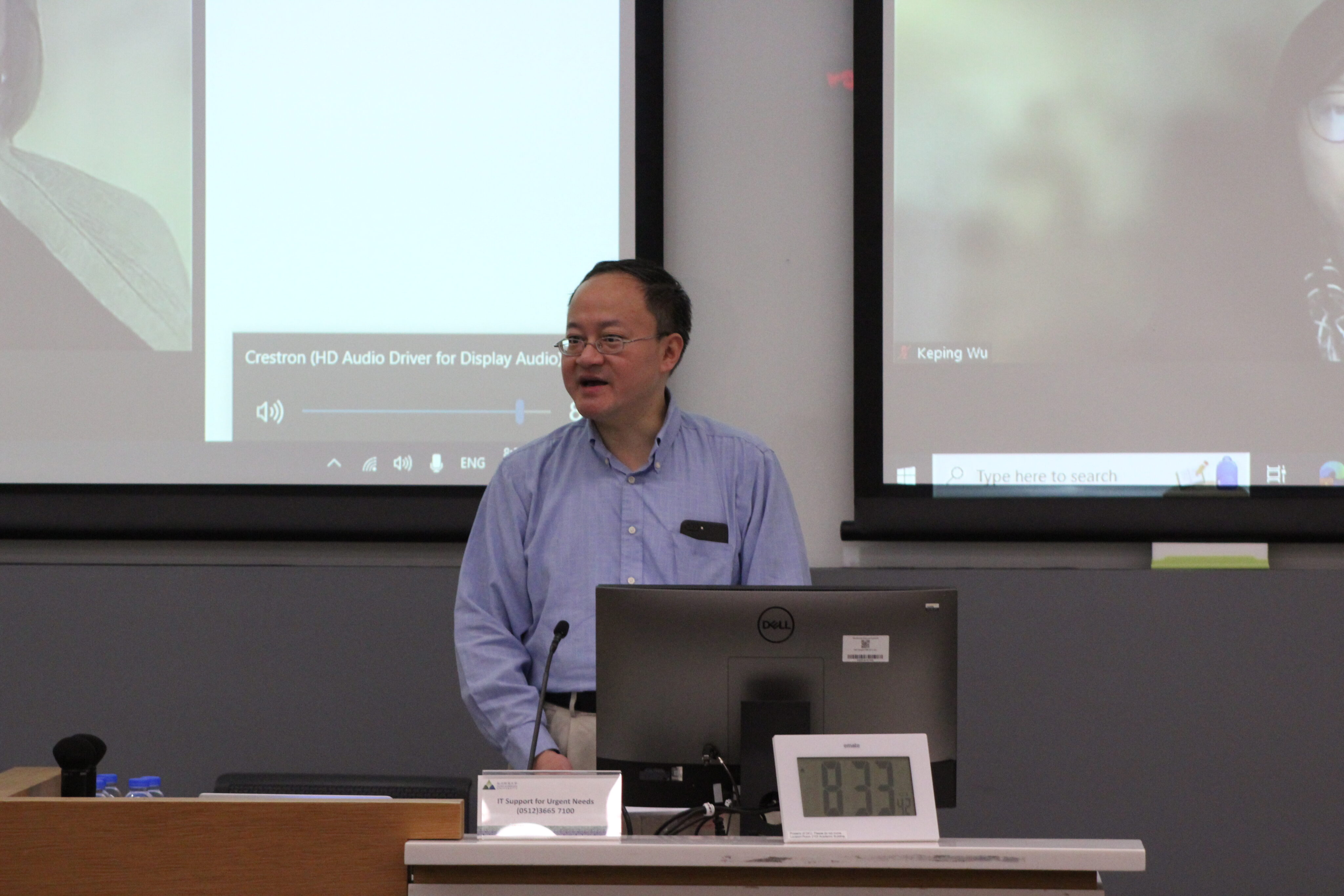By Tianlei (Ruby) Qiu and Shanshan Wu, edited by Tianlei (Ruby) Qiu
On November 3 and 4, the Center for the Study of Contemporary China recently held its Annual Conference with the theme “Cultivating Connections: Navigating Contemporary China Studies as a Collective.” The event also marked the fifth anniversary of the CSCC. Bring together scholars, student researchers, and experts in the field to discuss and analyze the landscape of contemporary China, it reemphasized the importance of collaborative efforts and interdisciplinary approaches to understanding China’s complex socio-political, economic, and cultural dynamics. During the event, participants engaged in a wide range of discussions, poster presentations, and keynote speeches covering topics such as citizen and representation in China, the digital landscape of Chinese society, and the relationship between China and the Global South, providing valuable insights into the challenges and opportunities of studying China in the 21st century.
Day #1: Friday, November 3, 2023
Opening remarks


The first day of the CSCC Annual Conference was marked by a series of engaging sessions and discussions, highlighting the depth and breadth of contemporary China studies across clusters. The event commenced with opening remarks from key figures in the field of China studies. Xin Li, Associate Vice Chancellor for Research at DKU and Melanie Manion, the CSCC Founding Co-Director and Vor Broker Family Distinguished Professor of Political Science at Duke University, offered insights into the importance of collaborative exploration in comprehending the intricate facets of China’s multifaceted landscape. Yu Wang, the CSCC Founding Co-Director and Assistant Professor of Sociology at DKU, echoed the significance of collective efforts in the pursuit of a deeper understanding of China’s ever-evolving socio-political, economic, and cultural dynamics. These opening remarks set a resounding tone for the conference, underlining the collaborative spirit that would define the discussions and explorations throughout the event.
Keynote Speech

A captivating keynote speech by Dr. Dandan Chen, Professor of History in the Department of History at State University of New York subsequently set the stage for the day. During the one-hour talk, Dr. Chen delved into the concept of “Jiangnan” in the Chinese context, distinct from “the South,” and introduced the idea of “global Jiangnan,” which differs from the concept of “the global South.” The discussion revolved around the core themes of “temporality” and “spatiality.” The presentation took a multifaceted approach, combining theoretical, historical, and cultural perspectives and investigated key historical moments and locations, including early Qing Beijing. Ultimately, according to Dr. Chen, the concept of Jiangnan was portrayed as a flexible, adaptable space that takes on various forms in diverse historical and social structures.


